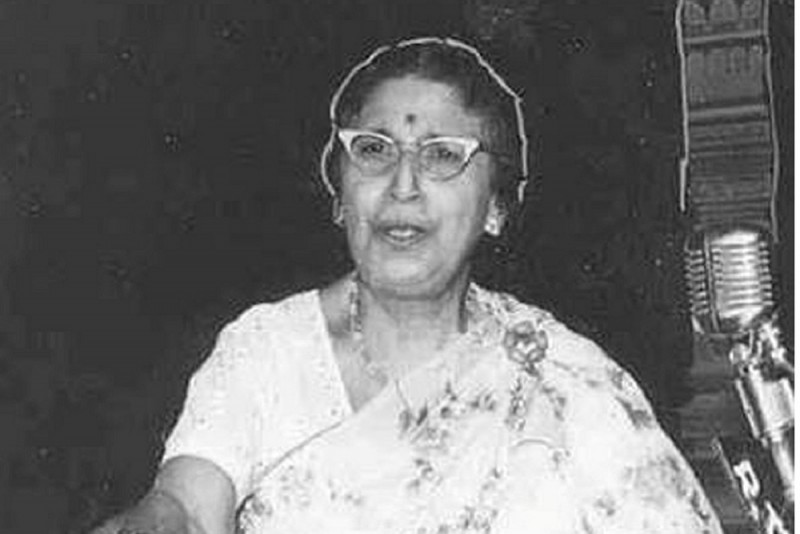
Music was a key component of storytelling and evoking the audience's emotions in the early days of Indian cinema. During this time, a trailblazing talent rose to prominence and went on to become the first female music director in Indian cinema history. Saraswati Devi broke down gender barriers and had an enduring impact on the Indian cinema business with her outstanding talent and creative compositions. The incredible journey of "Saraswati Devi", the pioneer who opened the way for succeeding generations of female music directors, is honored in this essay.
Beginnings in music and the early years
Khorshed Minocher-Homji, a.k.a. Saraswati Devi, was born in Pune, India, in 1912 as. She showed a profound interest and knowledge of music from an early age. She pursued formal instruction in classical music because of her enthusiasm, and she immediately gained acclaim for her extraordinary musical talent.
Getting Started in Indian Cinema
It was by chance that Saraswati Devi entered the Indian film industry. The Bombay Talkies studio was established at the beginning of the 1930s, and its owners were searching for new musicians to create the score for their motion pictures. Since they were aware of Saraswati Devi's talent, they gave her the chance to write the music for their debut movie, "Jawani Ki Hawa" (1935). Her breakthrough career as a music director officially began with this.
Innovative Compositions
Soulful melodies and original orchestration were what set Saraswati Devi's works apart. Not only did her music improve the narrative, it also contributed significantly to the pictures' appeal. She produced soundtracks that emotionally affected the audience because she had a keen awareness of the ability of music to elicit emotions.
Outstanding Successes
Saraswati Devi endured many difficulties and discrimination because she was the first female music director in Indian cinema. Her talent and perseverance, however, prevailed, winning her the respect and adoration of both her contemporaries and spectators. She continued to write music for a number of other popular movies, such as "Achhut Kanya" (1936) and "Jeevan Naiya" (1936), establishing her reputation as a leading figure in the business.
Legacy and Effect
The contributions Saraswati Devi made to Indian film opened doors for other women who wanted to work in music composition and direction. Her accomplishments served as an example for a new generation of female composers and artists, inspiring them to defy social expectations and follow their creative inclinations.
Saraswati Devi overcame many obstacles, yet her tenacity and ground-breaking work allowed women to enter the Indian film business. Her legacy continues to inspire and have an impact on the music community as a beacon of empowerment for aspiring female music directors.
Kargil Diwas 2023: India 24 Years of Triumph in the Kargil War
The Village of Twins - Kodinhi: Unraveling Kerala's Twin Birth Mystery
Anushka Sharma: A Trailblazer in Bollywood's Glamorous Universe